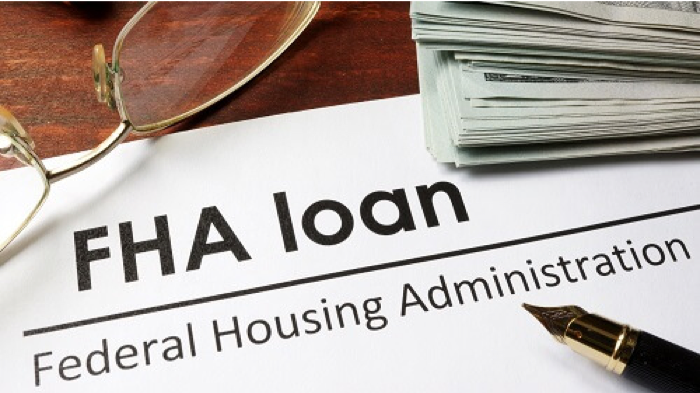How Much of Your Income Should Go to Housing Expenses?
It’s easy to fall in love with the grandeur of a home or the amenities and hip location of an apartment or condominium. So easy, in fact, it may...
Manage your everyday finances with convenient accounts, flexible cards, and personalized service designed to fit your life.
At First Federal Bank, we offer flexible mortgage solutions for almost any situation, helping you secure the right financing for your dream home.
Business banking offers secure financial management, streamlined transactions, credit options, and tools to help businesses grow efficiently and sustainably.
2 min read
First Federal Bank : January 19, 2024 10:00:00 AM EST

 Few decisions are as significant as buying a home. It’s a milestone that many aspire to achieve, but the path to homeownership can be paved with financial challenges, particularly for those still grappling with student loans. Here are the factors you should consider when deciding to buy a home while managing student debt:
Few decisions are as significant as buying a home. It’s a milestone that many aspire to achieve, but the path to homeownership can be paved with financial challenges, particularly for those still grappling with student loans. Here are the factors you should consider when deciding to buy a home while managing student debt:
Pros of buying a home with student loans
One of the primary benefits of homeownership is the opportunity to build equity. As you make mortgage payments, you gradually increase your ownership stake in your home. Over time, this can be a valuable asset that grows in value, potentially offsetting your student loan burden.
In addition to providing stability and security for you and your family, owning a home often comes with tax advantages, such as deducting mortgage interest and property taxes on your federal income tax return. “A portion of every mortgage payment goes toward interest on the loan. You can deduct the interest you paid up to a limit,” says NerdWallet senior writer Barbara Marquand. These deductions can help reduce your overall tax liability and thus make your student loans more manageable.
Cons of buying a home with student loans
Adding a mortgage to your existing student loan debt can significantly increase your overall debt load. Lenders consider your debt-to-income ratio when evaluating your eligibility for a mortgage. “Most mortgage lenders require your total DTI ratio, including your prospective mortgage payment, to be 45 percent or less,” says Bankrate finance expert Zina Kumok. High levels of debt relative to your income can make it challenging to quality for a home loan or to secure favorable terms.
Furthermore, owning a home while still managing student loans can strain your monthly budget. Before you commit to a mortgage payment, you’ll want to ensure you have enough income to comfortably cover both obligations without sacrificing your financial wellbeing. Consider the down payment and closing costs of a home purchase, which can be substantial. Student loan payments make it harder to build up savings, and using your savings for a down payment will leave you with less of an emergency fund, potentially putting you at risk.
Other considerations
Another factor to consider when purchasing a home with student loans is your credit score. Payment history accounts for 35% of your credit score, which Kumok says mortgage lenders “heavily weigh…when determining your approval chances and your interest rate.” If you’ve had trouble paying your student loans on time, you may find it more challenging to quality for a mortgage. On the other hand, making timely student loan payments can boost your credit score and help lenders see you as a safer candidate. Before applying for a mortgage, review your credit score to ensure it is accurate and take steps to improve it if necessary.
While homeownership can be a rewarding and valuable investment, it’s important to strike a balance between your housing goals and existing financial responsibilities. Seeking guidance from a financial advisor or mortgage professional can provide valuable insights into your specific circumstances. They can help you explore mortgage options, assess your readiness for homeownership, and devise a financial plan.

It’s easy to fall in love with the grandeur of a home or the amenities and hip location of an apartment or condominium. So easy, in fact, it may...

With housing prices at historic highs, many first-time homebuyers are considering Federal Housing Administration loans for their lower down payments...

If you’ve seen headlines about home prices dropping, it’s easy to wonder what that means for the value of your home too. Here’s what you really need...
Manage your accounts, make payments, and more.
Open an account with us.